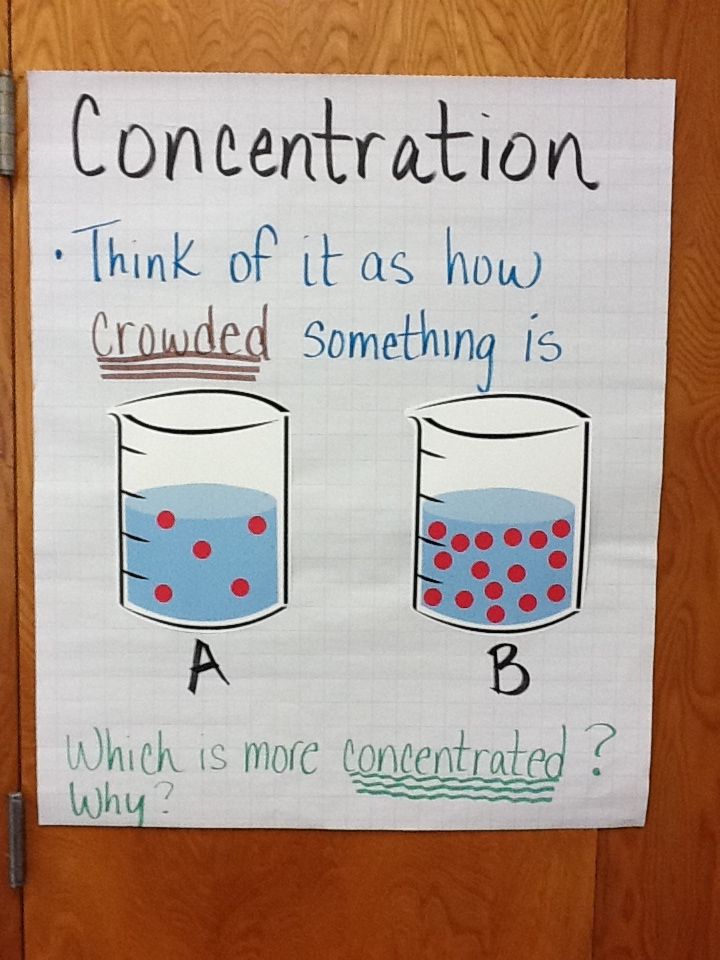Understanding and Navigating Workplace Politics: Definitions, Impacts, and Practical Strategies
Introduction: What Is Workplace Politics?
Workplace politics is a reality in nearly every organization, affecting how employees interact, compete, and collaborate. Defined as the activities and behaviors employees undertake to gain power, influence decisions, or achieve desired outcomes, workplace politics can shape a company’s culture, productivity, and employee morale. Its effects can be both positive and negative, depending on how it is understood and managed [1] , [2] , [4] . Understanding workplace politics is the first step to navigating it successfully and ensuring a healthy, productive work environment.
Defining Workplace Politics: Key Concepts and Types
Workplace politics, sometimes called organizational or office politics, encompasses the use of power, influence, and strategic behavior to pursue personal or group interests within a professional setting. According to HR and business experts, it is the interplay of personal agendas, alliances, and power dynamics in pursuit of professional advancement or influence [1] , [5] . Michael Aamodt defines organizational politics as “self-serving behaviors that employees use to increase the probability of obtaining positive outcomes in organizations,” often regardless of their broader impact [2] .
Workplace politics generally falls into two categories:
- Positive Politics: Actions aimed at benefiting both the organization and the individual. This includes building alliances, publicizing achievements, volunteering, or forming professional networks to foster collaboration and mutual success.
- Negative Politics: Behaviors intended to further personal gain at the expense of others or the organization-such as gossip, rumor spreading, information hoarding, or undermining colleagues [2] .
Real-World Examples of Workplace Politics
Understanding how workplace politics manifests can help professionals identify and manage it effectively. Common examples include:
- Building Alliances: Employees or managers may form coalitions to support their ideas or projects, ensuring key initiatives receive attention and resources. For instance, a department head might secure backing from peers to advance a proposal [1] .
- Gaining Favor: Individuals might work to impress influential decision-makers-by volunteering for extra tasks or aligning with leadership in meetings-to secure future opportunities or advancement.
- Sabotage or Undermining: Negative politics can include spreading rumors, withholding information, or deliberately excluding someone from crucial meetings to diminish their influence or harm their reputation [1] , [3] .
- Resource Grabbing: Competing for limited resources (like budgets or office space) can lead to political maneuvering, sometimes to the detriment of team cohesion or company goals [3] .
- Personal Vendettas: When personal grievances influence professional decisions, colleagues may work to undermine or discredit each other, creating a toxic atmosphere.
Motivations and Consequences of Workplace Politics
The drivers of workplace politics vary widely. Common motivations include ambition, jealousy, insecurity, fear of change, and the desire for job security [3] . These drivers can lead to both constructive and destructive outcomes:
Positive Outcomes: When managed well, office politics can motivate employees, encourage professional growth, and foster innovation. Building alliances and advocating for ideas can lead to better decision-making and resource allocation.

Source: nextlevelsol.net
Negative Outcomes: More often, unchecked politics leads to reduced morale, increased turnover, lost productivity, and even reputational damage. According to studies, a toxic workplace culture-often fueled by negative politics-is a leading cause of employee attrition in the U.S. [5] .
Recognizing and Responding to Workplace Politics
Being able to identify political behaviors is crucial for both employees and managers. Signs of unhealthy workplace politics include frequent gossip, credit stealing, micromanagement, scapegoating, and manipulation [3] . Recognizing these behaviors early allows organizations and individuals to take corrective action.

Source: educba.com
If you suspect negative politics in your workplace, you can:
- Document specific incidents of unprofessional conduct or unfair treatment.
- Seek guidance from a trusted HR representative or manager.
- Request training or workshops on communication, conflict resolution, or teamwork.
- Encourage transparency and open dialogue among colleagues to reduce misunderstandings.
Practical Steps to Navigate and Manage Workplace Politics
While eliminating office politics entirely is unrealistic, there are proven strategies to mitigate its negative effects and build a more inclusive culture:
- Develop Political Awareness: Understanding the informal networks, influencers, and power structures in your organization helps you anticipate challenges and respond effectively.
- Build Positive Relationships: Forming alliances based on trust, respect, and mutual benefit reduces the risk of negative politics. Focus on collaboration and avoid participating in gossip or divisive behaviors.
- Communicate Transparently: Open, honest communication reduces confusion and minimizes the potential for misunderstandings or manipulation. Document important conversations and decisions as needed [4] .
- Demonstrate Professionalism: Maintain a strong work ethic and integrity. Let your actions speak for themselves, and avoid being drawn into office drama.
- Seek Support: If you experience persistent negative politics, consult your HR department or a professional mentor. Many organizations offer employee assistance programs or resources for workplace conflict resolution. You can search for such programs through your company’s HR portal or by contacting your manager.
For organizations, offering training on leadership, communication, and ethical decision-making may help minimize negative politics and foster an environment of trust and accountability.
Alternative Approaches and Solutions
Not every organization will approach workplace politics the same way. Alternatives include:
- Establishing Clear Policies: Companies can develop and enforce codes of conduct that explicitly address political behaviors and set expectations for respectful interaction.
- Encouraging Whistleblower Protections: Create safe channels for reporting unethical behavior without fear of retaliation. Employees can be advised to use internal compliance hotlines or escalate concerns through official HR processes.
- Promoting Diversity and Inclusion: Fostering a culture that values diverse perspectives reduces the likelihood of cliques and exclusionary politics.
In cases where internal efforts are insufficient, employees may choose to seek external mediation or explore new job opportunities. It’s important to document concerns and follow company protocols for reporting misconduct.
Summary and Key Takeaways
Workplace politics is an unavoidable part of organizational life, defined by the behaviors and strategies employees use to gain influence, advance careers, and navigate complex social structures. While it can sometimes lead to positive outcomes, unmanaged or negative politics often results in decreased morale, increased turnover, and lost productivity. By recognizing political behaviors, adopting proactive strategies, and fostering a transparent, inclusive culture, both individuals and organizations can navigate workplace politics more effectively and create a healthier, more productive work environment.



